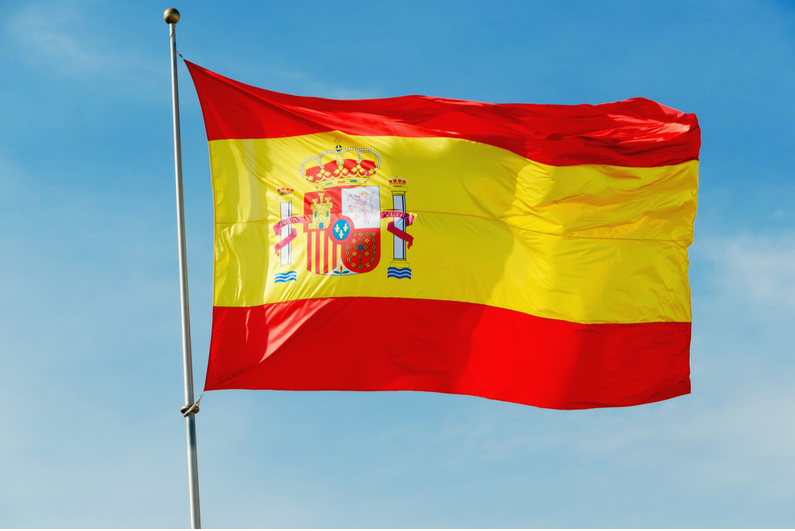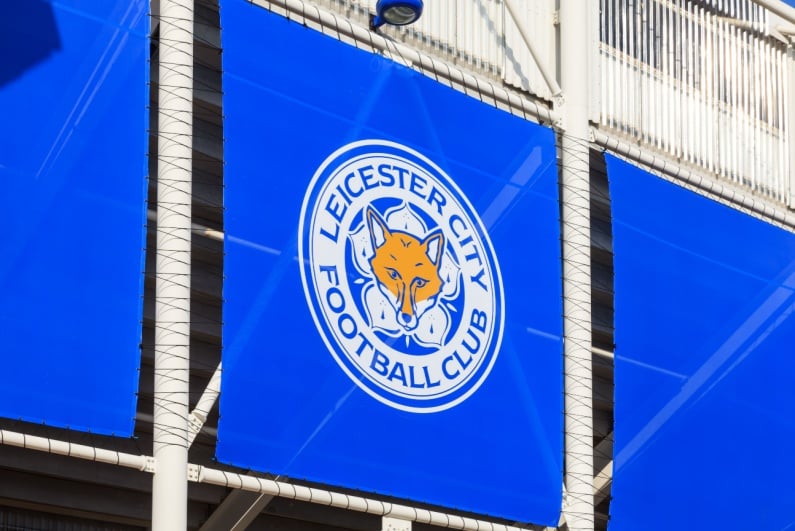Details of this potential ban
Spain’s ombudsman wants the government to impose a blanket ban on advertisements for all types of gambling products and services. The only exception would be advertising for the state lottery.
The ombudsman, Francisco Fernandez Marugan, made this proposal to the government, with the predominant focus being advertising of gambling products online. SELAE is the state-run lottery, which would be exempt under this proposal, along with the pool betting and lottery operation ONCE.
Because there are no protections in Spanish law, Marugan believes that a blanket ban on gambling advertising is justified. He says that gambling is clearly “a public health issue that requires a regulatory framework with imperative legal norms.”
He does not believe that a self-regulation approach is going to be effective at all. However, this is at odds with his willingness to allow the lottery operators to self-regulate their advertising. These operators have a track record of embarking on controversial ad campaigns of their own.
They have used famous former footballers as part of their gambling campaigns. A major issue arose in January 2019 when SELAE initially allowed a 15-year-old to claim a jackpot worth €200,000 (£176,500; $223,300), even though the legal age to participate in the lottery is 18.
Previous talks of a ban
This is not the first time there has been talk of such a ban in Spain. In October 2018, Finance Minister Maria Jesus Montero spoke about restrictions for gambling ads similar to those imposed on the advertising of tobacco-related products.
Ads relating to gambling would be banned on all forms of broadcast media, namely the internet, radio, and television, at times when underage people might be able to hear or see them. There would also be a ban on gambling ads at sporting events and celebrities would be prohibited from endorsing gambling companies.
A stepping stone
The ombudsman realizes that a total blanket ban may be out of reach for the moment. Therefore, he believes that the proposal from October is a good stepping stone. He calls for any infringement of one of the restrictions to be punished by stripping the operator of its gambling license. Other countries have been trying to crack down on errant gambling operators by just using just fines and this does not prove to be overly effective.
These companies often make more from their digressions than they lose from paying fines. Therefore, tougher penalties are required to actively discourage operators from knowingly breaking gambling laws.
Italy gambling ad ban
Perhaps the best example of a country introducing a blanket ban on gambling ads in recent times in Italy. It did not take long for this measure to come into action after a new coalition government took power in the country at the beginning of 2018.
The Lega 5 Star Party, which leads this coalition government, is very much against gambling. They believe that it is a scourge on society. Since coming to power, they have persistently tried to curtail the sector.
The ad ban came into effect on January 1. As a result, a significant number of operators have left the Italian market.
As part of this ban, football leagues and teams can no longer have gambling sponsors. This represents a major source of revenue for sporting organizations in Italy. It is a significant blow and these organizations will have to find ways to replace this lost revenue. This part of the ban will come into effect soon.
Tax rates on gambling revenue have been increased in Italy and there are calls for on betting on amateur sports events.




